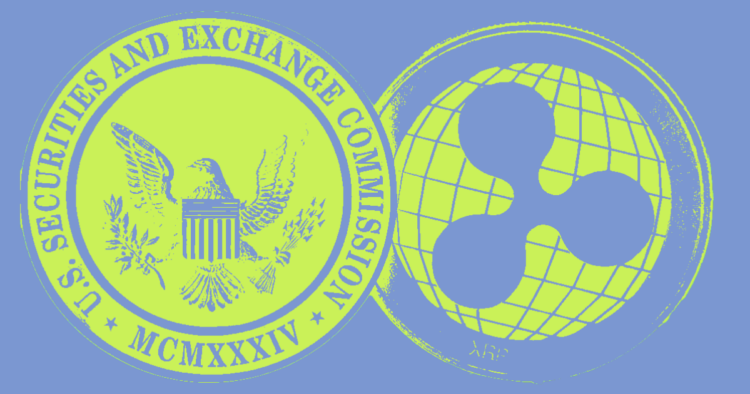The legal conflict between Ripple and the SEC is progressing with no definitive resolution in sight. Legal expert Fred Rispoli has shed light on Ripple’s appeal strategy, emphasizing that it will heavily rely on meticulous documentation rather than new evidence or a full trial. Both parties are expected to submit written briefs, including an opening statement, an opposition, and a reply. Following the submission of these documents, the case will proceed to oral arguments, anticipated to occur in September or October 2025. These proceedings may offer insights into the judge’s stance on the matter.
Meanwhile, the SEC has requested an extension to file its main brief, pushing the deadline to January 15, 2025. Rispoli attributes this delay to the agency’s limited resources and substantial workload. Let’s delve deeper into the unfolding dynamics and the latest speculations surrounding this high-stakes case.
The Influence of Amicus Briefs in Ripple’s Appeal
A pivotal element in Ripple’s appeal is the role of amicus briefs, which are documents submitted by external parties to provide valuable insights and context. In recent years, these briefs have gained prominence in crypto-related legal proceedings. In Ripple’s case alone, 14 amicus briefs have been filed, highlighting the widespread interest and significance of this legal battle. Rispoli contends that the appellate court may seriously consider these third-party contributions, as they present diverse perspectives and bolster arguments crucial to Ripple’s defense.
Potential Shifts at the SEC and Their Impact on Ripple’s Case
Rispoli has also speculated about potential changes in the SEC’s leadership, predicting that SEC Chair Gary Gensler might step down soon, regardless of the political landscape following the 2024 elections. A change in leadership at the SEC could influence the agency’s stance on cryptocurrency regulation, potentially creating a more favorable environment for Ripple. Furthermore, Rispoli noted that if Congress enacts cryptocurrency-specific legislation by January 2025, Ripple could leverage this development to its advantage. The company could request the court to consider the new laws as a “supplemental authority” relevant to their appeal, thereby altering the SEC’s approach and opening new avenues for Ripple’s legal strategy.
Conclusion: Navigating the Complex Legal Terrain
In summary, Ripple’s future hinges on detailed documentation, the compelling influence of amicus briefs, and potential political changes that could redefine cryptocurrency regulations. As this legal saga continues, the outcome remains uncertain, yet hopeful for those closely monitoring the evolving landscape of crypto regulation and legal precedents.











